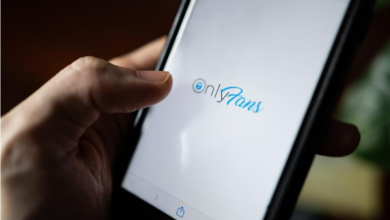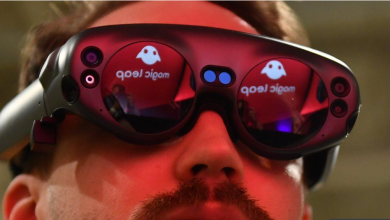Artificial Intelligence and Voice Assistants: Revolutionizing the Way We Interact with Technology
In the realm of modern technology, Artificial Intelligence (AI) has emerged as a transformative force, reshaping the way we engage with our devices and the digital world. One of the most visible and practical applications of AI is in the form of voice assistants. In this article, we will explore the convergence of AI and voice assistants, highlighting their evolution, capabilities, and the impact they have on our daily lives.
The Rise of Voice Assistants
Voice assistants, powered by AI, have come a long way since their inception. They are now integrated into a wide range of devices, from smartphones and smart speakers to cars and appliances. Some of the most popular voice assistants include Amazon’s Alexa, Apple’s Siri, Google Assistant, and Microsoft’s Cortana. Here’s how they have evolved:
1. Natural Language Processing (NLP): Early voice assistants had limited language recognition capabilities. However, with advancements in NLP, today’s voice assistants can understand and respond to natural language, making interactions more human-like.
2. Personalization: Voice assistants are designed to learn from user interactions. They can recognize individual voices and adapt their responses based on user preferences and history.
3. Integration: Voice assistants are integrated into a wide range of applications and services, from setting reminders and sending texts to controlling smart home devices and providing real-time weather updates.
4. Multilingual Support: Many voice assistants now support multiple languages and accents, broadening their global reach and accessibility.
Capabilities and Everyday Applications
Voice assistants have found their way into our daily lives, offering a myriad of practical applications:
1. Smart Home Control: Voice commands allow users to control lighting, thermostats, security cameras, and more, creating a seamless and convenient smart home experience.
2. Information Retrieval: Voice assistants can provide quick answers to questions, deliver news updates, and offer recommendations for restaurants, movies, and more.
3. Productivity: They assist with tasks like setting reminders, creating to-do lists, scheduling appointments, and sending emails, boosting personal and professional productivity.
4. Accessibility: Voice assistants are invaluable to individuals with disabilities, providing hands-free access to information, communication, and control over their environments.
5. Entertainment: They can play music, audiobooks, podcasts, and even tell jokes, providing entertainment and relaxation.
Impact on Industries
Voice assistants are making a significant impact across various industries:
1. Healthcare: They can provide medical information, medication reminders, and even monitor health parameters, improving patient engagement and healthcare management.
2. Education: Voice assistants can offer personalized learning experiences, answer students’ questions, and provide language learning support.
3. Customer Service: Many companies use voice assistants to enhance customer support, answering common queries and routing calls efficiently.
4. Automotive: Voice assistants are integrated into vehicles, providing hands-free control over navigation, music, and calls, enhancing driver safety.
Privacy and Ethical Considerations
The widespread adoption of voice assistants has raised important privacy and ethical concerns. The collection and storage of user voice data have sparked debates about data security, consent, and the potential for abuse. Tech companies are working to address these concerns through enhanced privacy settings and transparency.
Voice assistants powered by AI have evolved into indispensable companions in our digital lives. They simplify tasks, enhance accessibility, and offer convenience. As AI technology continues to advance, we can expect voice assistants to become even more integrated into our daily routines, helping us interact with technology in more natural and intuitive ways. However, it’s essential to strike a balance between the benefits of AI-driven voice assistants and the protection of user privacy and data security in this ever-evolving technological landscape.
















